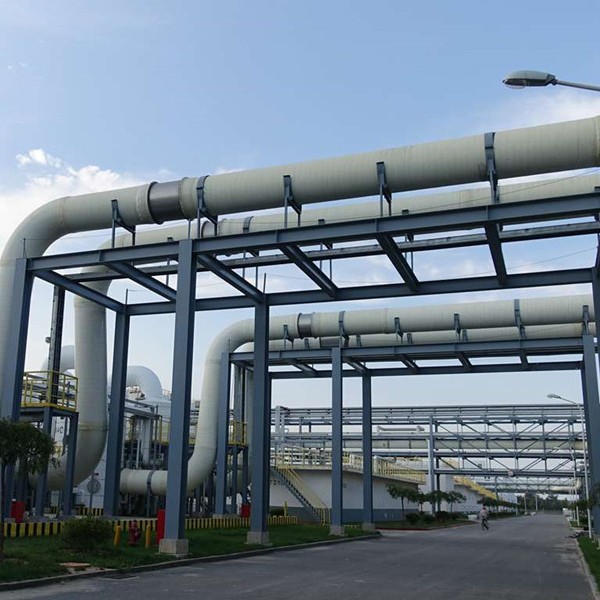
-
 Afrikaans
Afrikaans -
 Albanian
Albanian -
 Amharic
Amharic -
 Arabic
Arabic -
 Armenian
Armenian -
 Azerbaijani
Azerbaijani -
 Basque
Basque -
 Belarusian
Belarusian -
 Bengali
Bengali -
 Bosnian
Bosnian -
 Bulgarian
Bulgarian -
 Catalan
Catalan -
 Cebuano
Cebuano -
 China
China -
 China (Taiwan)
China (Taiwan) -
 Corsican
Corsican -
 Croatian
Croatian -
 Czech
Czech -
 Danish
Danish -
 Dutch
Dutch -
 English
English -
 Esperanto
Esperanto -
 Estonian
Estonian -
 Finnish
Finnish -
 French
French -
 Frisian
Frisian -
 Galician
Galician -
 Georgian
Georgian -
 German
German -
 Greek
Greek -
 Gujarati
Gujarati -
 Haitian Creole
Haitian Creole -
 hausa
hausa -
 hawaiian
hawaiian -
 Hebrew
Hebrew -
 Hindi
Hindi -
 Miao
Miao -
 Hungarian
Hungarian -
 Icelandic
Icelandic -
 igbo
igbo -
 Indonesian
Indonesian -
 irish
irish -
 Italian
Italian -
 Japanese
Japanese -
 Javanese
Javanese -
 Kannada
Kannada -
 kazakh
kazakh -
 Khmer
Khmer -
 Rwandese
Rwandese -
 Korean
Korean -
 Kurdish
Kurdish -
 Kyrgyz
Kyrgyz -
 Lao
Lao -
 Latin
Latin -
 Latvian
Latvian -
 Lithuanian
Lithuanian -
 Luxembourgish
Luxembourgish -
 Macedonian
Macedonian -
 Malgashi
Malgashi -
 Malay
Malay -
 Malayalam
Malayalam -
 Maltese
Maltese -
 Maori
Maori -
 Marathi
Marathi -
 Mongolian
Mongolian -
 Myanmar
Myanmar -
 Nepali
Nepali -
 Norwegian
Norwegian -
 Norwegian
Norwegian -
 Occitan
Occitan -
 Pashto
Pashto -
 Persian
Persian -
 Polish
Polish -
 Portuguese
Portuguese -
 Punjabi
Punjabi -
 Romanian
Romanian -
 Russian
Russian -
 Samoan
Samoan -
 Scottish Gaelic
Scottish Gaelic -
 Serbian
Serbian -
 Sesotho
Sesotho -
 Shona
Shona -
 Sindhi
Sindhi -
 Sinhala
Sinhala -
 Slovak
Slovak -
 Slovenian
Slovenian -
 Somali
Somali -
 Spanish
Spanish -
 Sundanese
Sundanese -
 Swahili
Swahili -
 Swedish
Swedish -
 Tagalog
Tagalog -
 Tajik
Tajik -
 Tamil
Tamil -
 Tatar
Tatar -
 Telugu
Telugu -
 Thai
Thai -
 Turkish
Turkish -
 Turkmen
Turkmen -
 Ukrainian
Ukrainian -
 Urdu
Urdu -
 Uighur
Uighur -
 Uzbek
Uzbek -
 Vietnamese
Vietnamese -
 Welsh
Welsh -
 Bantu
Bantu -
 Yiddish
Yiddish -
 Yoruba
Yoruba -
 Zulu
Zulu
FRP Storage Tanks for Efficient Transport and Enduring Durability Solutions
The Significance of FRP Transport Tanks in Modern Industries
Fiberglass Reinforced Plastic (FRP) transport tanks have revolutionized the way various industries manage the storage and transportation of liquids. By combining the lightweight characteristics of fiberglass with the strength and durability of plastics, FRP transport tanks present a superior alternative to traditional materials such as steel and concrete. This article explores the numerous advantages and applications of FRP transport tanks in today’s industrial landscape.
Advantages of FRP Transport Tanks
1. Corrosion Resistance One of the primary benefits of FRP transport tanks is their exceptional resistance to corrosion. Unlike metal tanks, which are prone to rust and degradation when exposed to harsh chemicals or environmental conditions, FRP tanks maintain their integrity over time. This makes them ideal for transporting a wide range of liquids, including corrosive substances like acids and alkalis.
2. Lightweight Yet Strong FRP tanks are considerably lighter than their metal counterparts, which simplifies the logistics of transportation and installation. This lightweight property also reduces the strain on supporting structures, making it easier to place tanks in various locations. Despite being lightweight, FRP tanks do not compromise on strength and can withstand substantial pressure and impact.
3. Durability and Longevity The lifespan of FRP transport tanks is another significant advantage. With proper maintenance, these tanks can last for decades. The resistance to environmental factors, such as UV radiation and extreme temperatures, further enhances their longevity. This durability translates into lower replacement and maintenance costs over the long term.
4. Customization FRP transport tanks can be custom-designed to meet specific requirements. Industries can tailor the size, shape, and capacity of the tanks based on their unique needs. This adaptability allows for optimized storage solutions across various applications, from chemical processing to food and beverage industries.
5. Cost-Effectiveness While the initial investment in FRP transport tanks may be higher compared to traditional options, the overall cost-effectiveness becomes apparent when considering maintenance, durability, and lifespan. The reduced need for replacements and repairs, combined with their efficiency in storage and transport, leads to significant savings for businesses in the long run.
Applications of FRP Transport Tanks
frp transport tank

FRP transport tanks find extensive use across diverse sectors, reflecting their versatility
1. Chemical Industry In the chemical sector, FRP tanks are ideal for storing and transporting corrosive materials. Their ability to resist chemical reactivity makes them suitable for various chemicals, from fertilizers to solvents.
2. Water and Wastewater Management These tanks play an essential role in managing water treatment and wastewater processes. Their corrosion resistance and low maintenance requirements make them an excellent choice for both potable water storage and sewage treatment facilities.
3. Food and Beverage Industry In food processing, maintaining hygiene is crucial. FRP transport tanks, being non-toxic and easy to clean, are perfect for storing liquids like oils, syrups, and flavoring agents while minimizing the risk of contamination.
4. Oil and Gas Industry The oil and gas sector also benefits significantly from FRP transport tanks, especially for storing and transporting chemicals used in drilling and extraction. Their robustness and ability to withstand harsh environmental conditions make them suitable for offshore and remote locations.
5. Pharmaceuticals In the pharmaceutical industry, strict hygiene and safety standards are paramount. FRP tanks are utilized for the storage of various liquids, including solvents and raw materials, thanks to their resistance to contamination and ease of cleaning.
Conclusion
As industries continue to seek efficient, durable, and safe solutions for transporting liquids, FRP transport tanks stand out as a formidable option. Their numerous advantages, including corrosion resistance, lightweight design, and cost-effectiveness, combined with their broad range of applications, make them indispensable in modern industrial practices. As technology advances and industries evolve, FRP transport tanks will likely play an integral role in optimizing the storage and transportation processes across various sectors.









